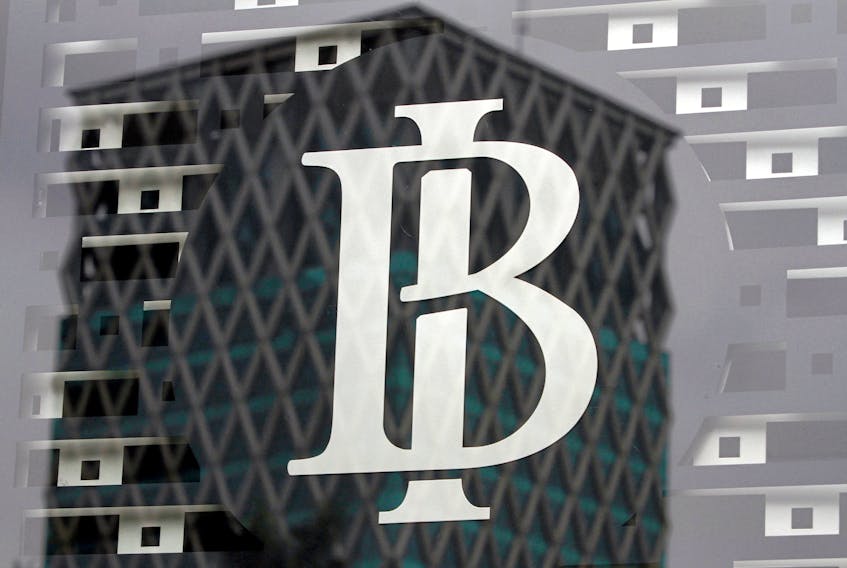JAKARTA (Reuters) - Indonesia's central bank is expected to keep its main policy rate unchanged next week after cutting it four times so far this year in a bid to mitigate the impact of the coronavirus pandemic.
Sixteen of 20 economists responding to a Reuters poll said they see Bank Indonesia holding the benchmark 7-day reverse repurchase rate
The four cuts this year have resulted in a 100 basis point drop in the benchmark rate which have come on top of cuts totalling 100 basis points in 2019.
"We have no more rate cuts in our base case," Morgan Stanley analysts wrote in a note to clients, noting a change of tone in Governor Perry Warjiyo's forward guidance after last month's rate cut. He did not say there was room for more easing as he had done previously and his comments favoured expanding liquidity.
Citibank analysts pointed to falls in money market rates beyond the central bank's rate cuts. That amounted to "covert easing", they said and could mean BI was not keen on lowering the benchmark rate due to balance of payments risks.
Four economists polled predicted another 25 basis point reduction.
Hit by the pandemic, Southeast Asia's biggest economy shrank 5.32% in the second quarter from the same period a year earlier, the first quarterly contraction in more than two decades.
DBS economist Radhika Rao, among those expecting a cut next week, said benign inflation gave BI room to ease and that a cut would help protect the economy from further risks to growth.
While the government has forecast flat growth for the economy this year, some independent analysts believe GDP will contract - which would mark the first time for the resource-rich country since the Asian financial crisis in 1998.
Last month, BI and the government agreed on a $40 billion fiscal deficit financing scheme that involves BI buying $28 billion of bonds that offer no interest. The central bank has also injected liquidity into the banking system through cuts to reserve requirements.
(Polling by Nilufar Rizki and Fransiska Nangoy in Jakarta, Shaloo Shrivastava in Bengaluru; Writing by Tabita Diela; Editing by Gayatri Suroyo and Edwina Gibbs)









